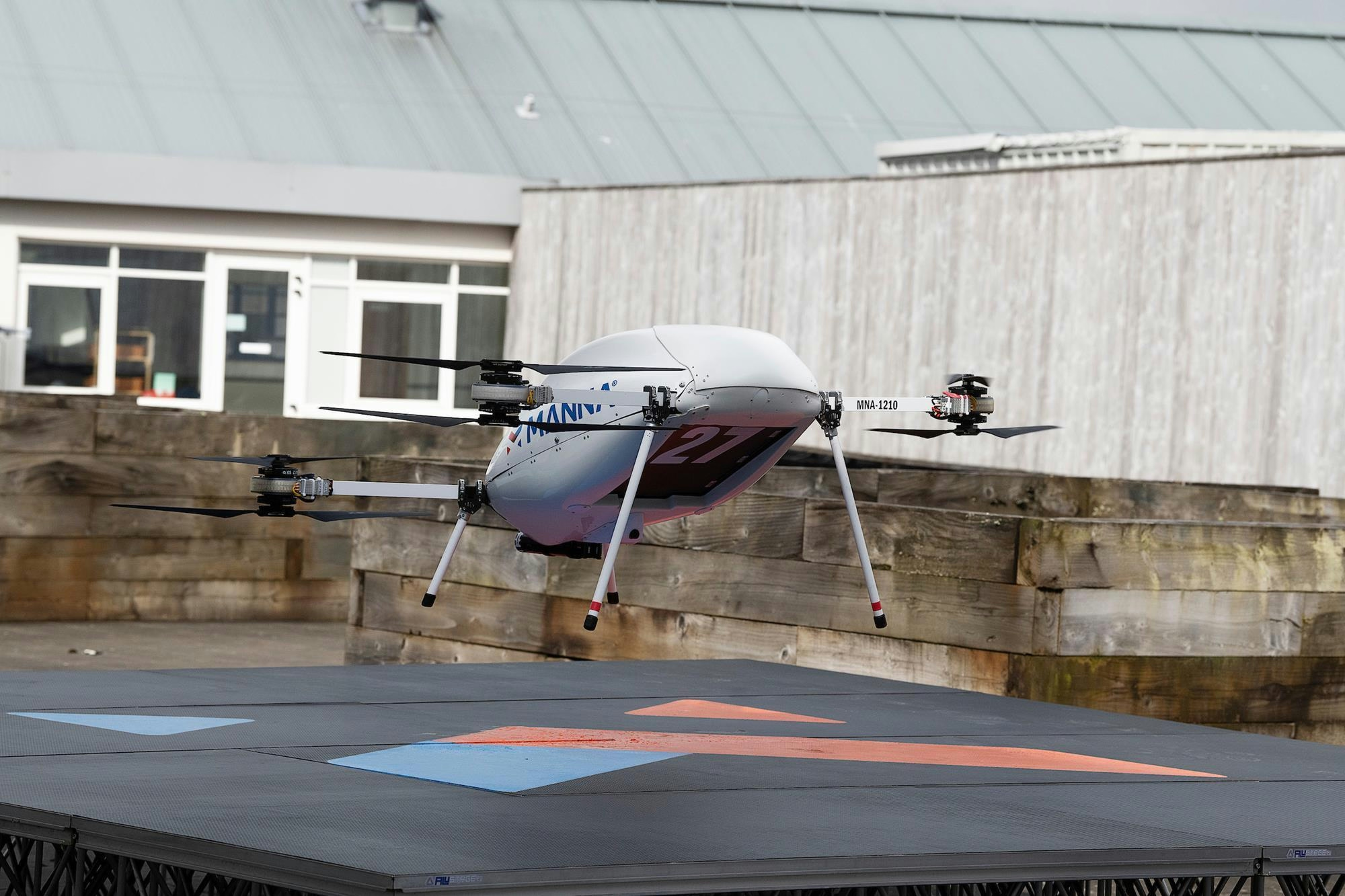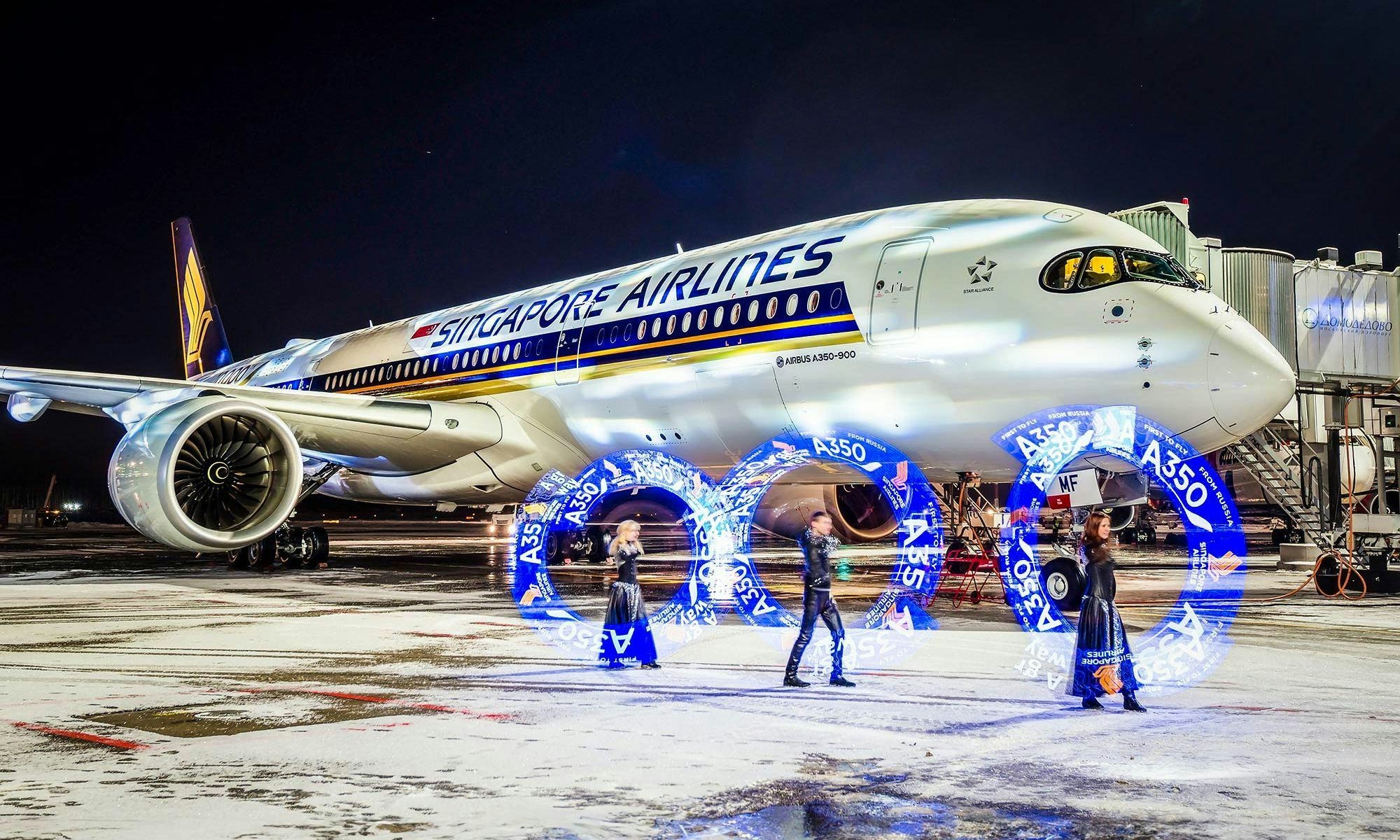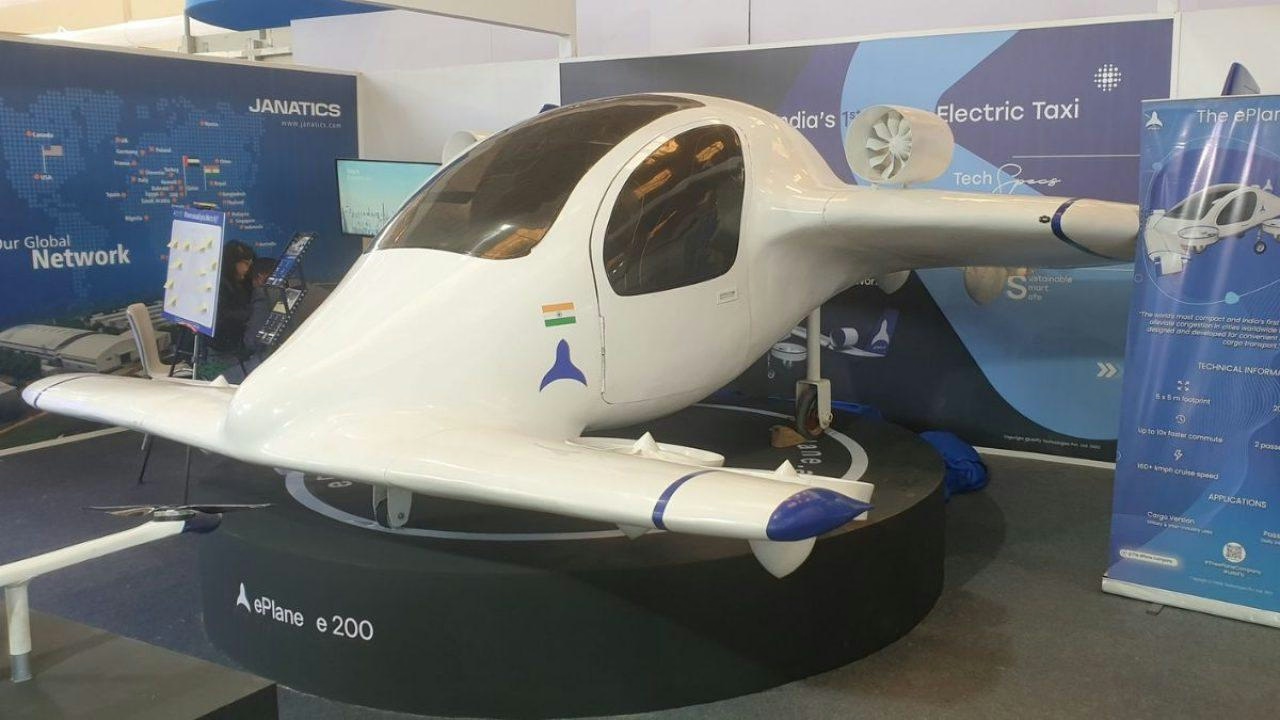AeroGenie — Your Intelligent Copilot.
Trending
Categories
Drone delivery company Manna expects approval for quieter aircraft within months

Manna Anticipates Regulatory Approval for Quieter Drone Technology Within Months
Drone delivery company Manna expects to secure regulatory approval within the coming months for new technology designed to reduce noise pollution from its aircraft by approximately 40 percent. Since launching its facility near Blanchardstown Centre in Dublin last year, where drones deliver food and coffee from local fast-food outlets and cafes, the company has faced criticism from both the public and members of the Oireachtas regarding noise disturbances.
Innovations to Reduce Noise Pollution
Currently, Manna’s drones operate at speeds of 60 km/h and altitudes between 50 and 65 metres, enabling deliveries within local areas in under three minutes. However, in response to noise complaints, the company has invested in quieter technology. Chief Executive Bobby Healy informed the Oireachtas transport committee that Manna has developed and tested new propellers and reduced the mass and weight of its aircraft, resulting in a significant decrease in noise levels.
Healy explained that the company has been engaged in discussions with the Irish Aviation Authority (IAA) for several months and is now awaiting approval to deploy the quieter drones. Testing has been conducted at Manna’s facility in Moorock, County Offaly. “We continue to invest in technology to go even further — and we foresee a future where people will barely hear us at all,” Healy stated.
While acknowledging that the current drones produce a “noticeable” sound, Healy described it as “generally unobtrusive.” The new, lighter aircraft will be capable of flying at 80 metres, which will further reduce noise. Acoustic experts from Trinity College found that at this altitude, the drones emit approximately 57 decibels—quieter than a typical conversation—and only for about 10 seconds as they pass overhead. The loudest noise occurs when the drone descends to 15 metres for delivery, reaching around 59 decibels; however, Healy noted this will be reduced to approximately 55 decibels with the new technology.
Regulatory Process and Market Competition
Healy emphasized that the timing of regulatory approval depends on the IAA but expressed optimism about a decision in the near future. “We have submitted all the documents. I do feel it will be soon. It could be weeks, it could be months, but certainly not further,” he said. Jim Gavin, Chief Operating Officer of the IAA, also addressing the committee, described the regulatory process as “quite complex” but anticipated progress in the short term.
Manna’s efforts to develop quieter drones come amid intensifying competition in the drone delivery market. Major companies such as DHL Express and Walmart, in partnership with Wing Aviation, are expanding their drone delivery services, particularly in urban areas. This competitive environment is likely to drive Manna and its rivals to continue innovating, focusing on quieter and more efficient aircraft to meet both regulatory requirements and public expectations.
Earlier this year, Manna raised $30 million (€25.6 million) in funding to support its expansion plans, underscoring the company’s commitment to advancing drone delivery technology amid evolving market and regulatory landscapes.

Factors Behind the Airbus A350’s Short Takeoff Distance

Archer Aviation Partners with NVIDIA to Advance Aviation AI Technology

Chennai Startup to Develop India’s First Electric Air Taxi

Factors Positioning Airbus for Leadership in 2026

Emirates Unveils Cabin Design for New Boeing 777X

Eighteen Years On, the Airbus A380 Remains Central to a $34 Billion Airline

How a boom in luxury airline seats is slowing down jet deliveries

Navitaire Outage Attributed to Planned Maintenance

AI, VR, and Data Transform Pilot Training by 2026

Airbus Plans Record Delivery of 870 Aircraft in 2026
